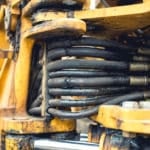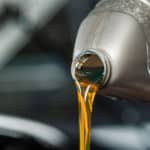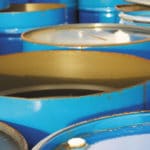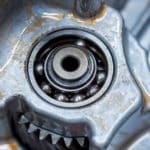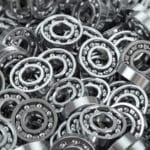What is the demulsibility of lubricants? Demulsibility, in the context of lubrication management, is the ability of a lubricant to separate from water. In other words, when you mix a lubricant and water together, will the lubricant eventually dissolve in the water or will it resist dissolving and stay suspended in the water? This is an important characteristic for any lubricant to have, as it dictates how easily you can remove the lubricant from machinery and systems after use. Poor demulsibility can lead to fouling of machine parts and equipment, so it’s important to select a lubricant with good demulsibility characteristics. Why Should You Monitor Demulsibility of Lubricants? When selecting a lubricant for a specific application, it is critical to

